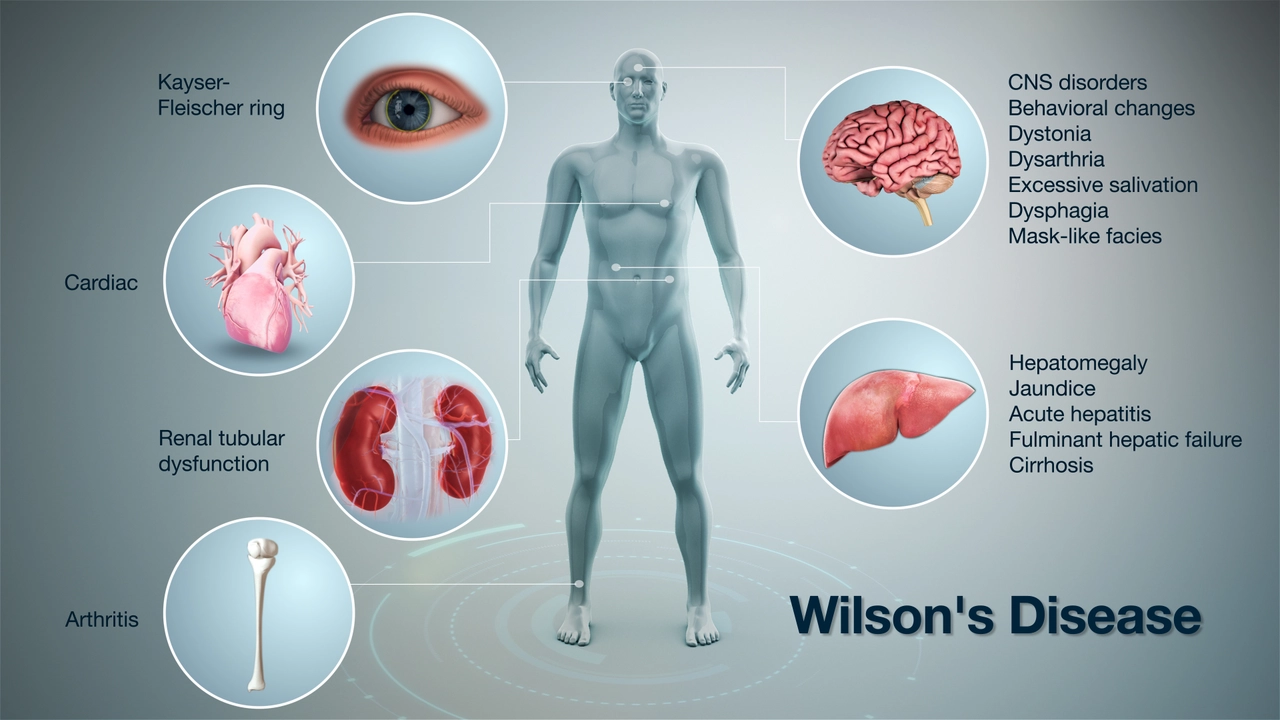What Is Hypophosphatemia and Why It Matters
If your blood phosphate level drops too low, you have hypophosphatemia. Phosphate helps build bones, make energy, and keep muscles working. When it’s low, you might feel tired, weak, or get weird cramps. Understanding the basics can help you catch problems early and fix them before they turn into something bigger.
Common Causes and Tell‑tale Symptoms
Low phosphate shows up for many reasons. Heavy alcohol use, certain kidney disorders, and some medications (like diuretics or antacids) can push levels down. Malnutrition or eating disorders also starve your body of the phosphorus it needs.
Typical signs include muscle weakness, bone pain, tingling in hands or feet, and sometimes trouble breathing. In severe cases you might see confusion, irregular heartbeat, or seizures. If any of these pop up after a recent illness or new drug, think about checking your phosphate levels.
How to Manage and Prevent Low Phosphate
The first step is a simple blood test ordered by your doctor. Once confirmed, treatment usually starts with oral phosphate supplements. Your provider will pick the right dose based on how low you are and what’s causing it.
Diet can make a big difference too. Foods rich in phosphorus include dairy (milk, cheese, yogurt), meat, fish, nuts, and beans. Adding these to meals helps keep levels steady, especially if you’re otherwise healthy.
If an underlying condition is the culprit—like chronic kidney disease or a vitamin D deficiency—your doctor will treat that first. Adjusting medications that drain phosphate (such as certain diuretics) may also be necessary.
Stay hydrated, but avoid excessive caffeine or alcohol, which can worsen losses. For athletes, intense training sometimes triggers temporary drops; a balanced post‑workout snack with protein and dairy can restore balance quickly.
Finally, keep an eye on symptoms. If weakness returns, you feel dizzy, or your heart races after starting supplements, call your doctor. They might need to tweak the dose or investigate other issues.
Bottom line: hypophosphatemia isn’t something to ignore, but it’s usually easy to fix with a mix of proper testing, supplements, and smart food choices. Talk to your healthcare provider if you suspect low phosphate—getting it right can boost energy, protect bones, and keep you feeling good.
As an athlete, I recently learned about hypophosphatemia, a condition where there's an abnormally low level of phosphate in the blood. It can be caused by various factors, such as poor nutrition, overhydration, or certain medications. Common symptoms include muscle weakness, fatigue, and bone pain. To treat hypophosphatemia, it's essential to identify and address the underlying cause, which may involve changes in diet or medication. It's crucial for athletes like myself to be aware of this condition and seek medical advice if experiencing any related symptoms.
Apr, 30 2023

